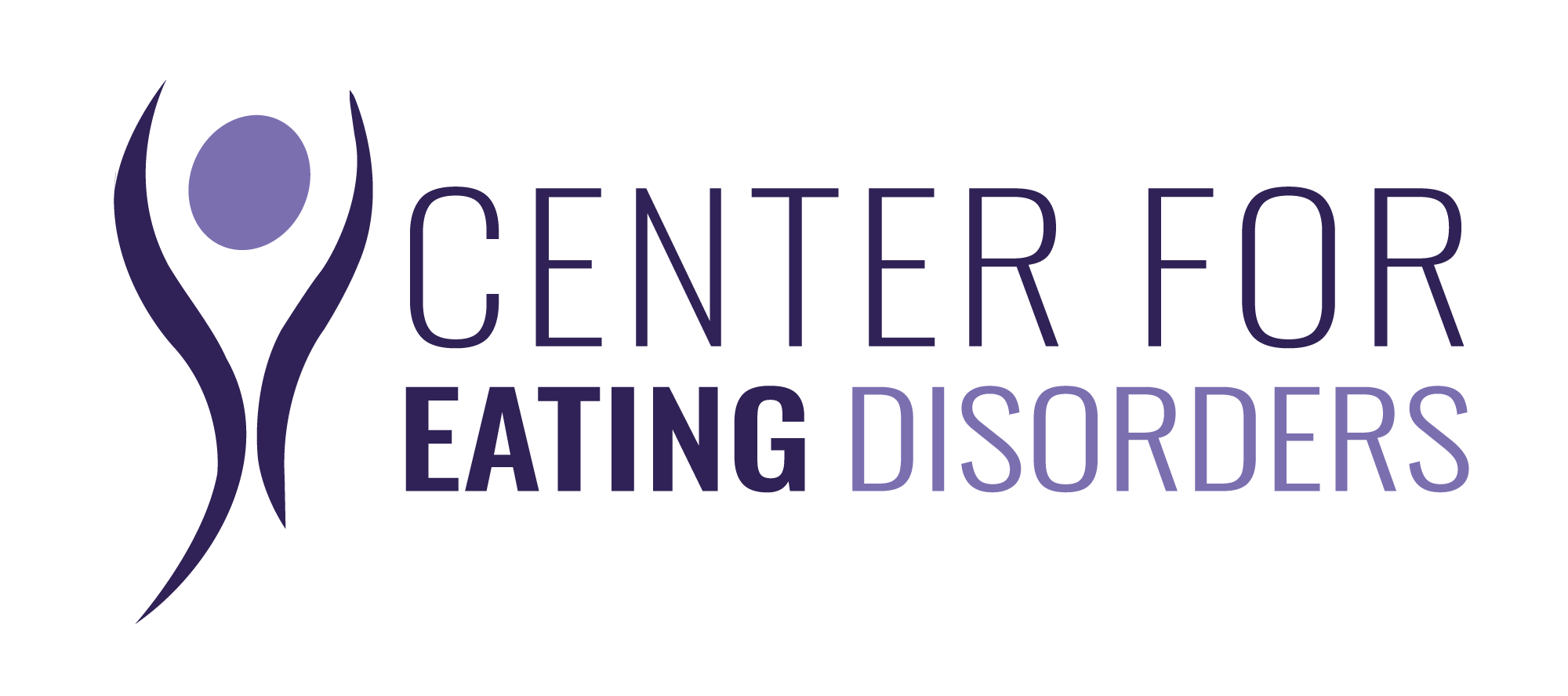WHY ONLINE COUNSELING FOR EATING DISORDERS IS A VALUABLE OPTION
In a world where digitalization is becoming increasingly important, online counseling for eating disorders offers an innovative and effective way to receive support and help. This modern approach to therapy offers numerous benefits that make it an excellent alternative or complement to traditional face-to-face counseling. Online counseling allows sufferers to remain in their familiar environment, which often leads to greater openness and an increased sense of well-being during sessions. Technology also offers a variety of communication channels. Video calls, text messages and emails allow patients to stay in touch with their therapists.

Procedure for online counseling for eating disorders
Step 1: First contact
Your first step to support begins with a simple phone call or email to our center. We are known throughout Germany and internationally for our expertise and welcome patients from all over the world. Online counseling is available in both German and English.
Step 2: First Zoom session and anamnesis
In your first Zoom session, we will take a detailed medical history to gain a comprehensive understanding of your specific situation. We will explain our treatment approach and take the time to discuss all your questions and concerns. If necessary, and especially for younger patients, it may be useful to involve parents in the initial consultation to ensure a holistic approach and support.
Step 3: Development of the individual treatment plan
Together with you, we develop a therapy plan that includes regular sessions and is tailored to your individual needs. We provide ongoing, personalized care to ensure you receive the best possible support.
Step 4: Integration of other specialists
If necessary, we recommend the involvement of a doctor you trust to keep an eye on your somatic condition and ensure comprehensive care. If necessary, an experienced ecotrophologist will also become part of your therapy team in order to optimally address nutrition-specific aspects.
In the shadow of the eating disorder
Eating disorders are complex mental illnesses that have a profound impact on the perception of one’s own body, eating behavior and the emotional state of those affected. They manifest themselves in various forms, from anorexia (anorexia nervosa) and bulimia (binge eating disorder) to binge eating disorders. The symptoms and effects of these illnesses are varied and often deeply rooted in the thoughts and emotions of those affected.
Caught in a vicious circle
Anorexia, for example, is a gripping and isolating illness. Those affected feel a constant aversion to their own physical appearance and experience a distorted perception of their body. They see themselves as overweight, even though they are objectively underweight. This leads to a constant struggle for control over their own body, often combined with a damaging need for perfection and performance. The disease takes on a dominant role in the lives of those affected, driving them into a spiral of isolation and self-alienation.
Loss of self-esteem
The psychological effects of eating disorders are profound. Many patients suffer from a significant loss of self-esteem and self-confidence. They feel inferior, unloved and believe that they are not worthy of leading a happy life. These negative thoughts and feelings reinforce the feeling of isolation and hopelessness.
The despair that comes with eating disorders is often overwhelming. Sufferers feel helpless and unable to articulate their situation or ask for help. They are trapped in a state of denial, shame and isolation, which further exacerbates the disorder.
In some cases, particularly with anorexia, sufferers strive to avoid feminine curves. This desire for an androgynous body image can also be an expression of a deeper conflict with their own gender identity. Confronting the illness Awareness of and coming to terms with one’s own illness is painful, but also a crucial step on the road to recovery. This process requires courage and the support of therapists, family and friends.
The hope of recovery
Despite the severity of the illness, there is hope for recovery. Many sufferers find a way out of the illness with professional help and the support of their social environment. Although the road to recovery is long and often difficult, the prospect of a fulfilling life beyond the eating disorder is a strong motivator.
Online counseling as a companion
Online counseling for eating disorders not only offers a flexible and easily accessible form of support, but also creates an environment in which those affected can feel safe and understood. The ability to conduct therapy sessions from home can break down inhibitions and promote a stronger sense of self-control. This is particularly important with a disease where the feeling of losing control over one’s own body and life is so central.





